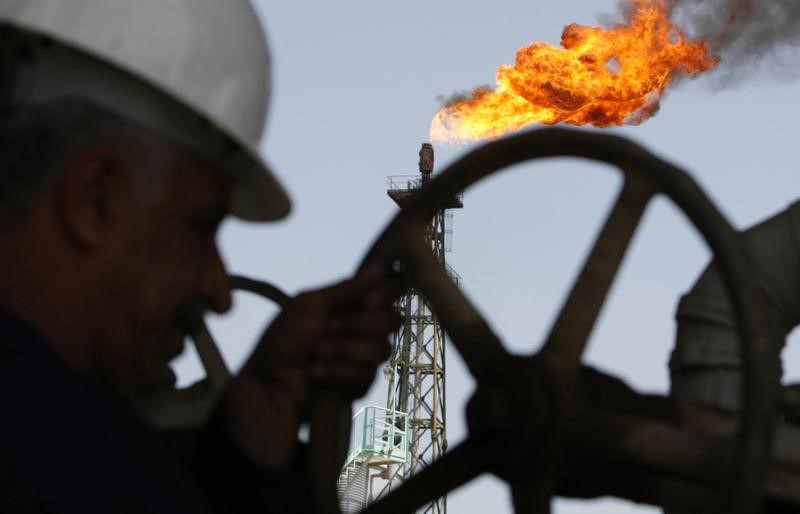Investing.com -- Oil prices moved little in Asian trade on Friday, coming under pressure from a stronger dollar as traders hunkered down ahead of more cues on U.S. monetary policy from the Federal Reserve Chairman.
While prices saw some stability in the prior session, they were still headed for a second consecutive week in red as concerns over slowing Chinese demand and increased U.S. supply also weighed.
Brent oil futures steadied at $83.27 a barrel, while West Texas Intermediate crude futures fell slightly to $79.00 a barrel by 20:41 ET (00:41 GMT). Both contracts were set to lose between 1.9% and 3% this week.
Powell speech awaited, dollar hits 2-½ month high
Strength in the dollar weighed on oil markets as traders awaited a speech from Federal Reserve Chair Jerome Powell at the Jackson Hole Symposium on Friday. Powell is expected to shed more light on the central bank’s plans for interest rates in the remainder of the year.
Fears of potentially hawkish signals from the Fed chief spurred more positioning in the dollar, especially given that U.S. inflation remains sticky and the jobs market strong. Analysts warned that this could see Powell outline a higher rate environment in the coming months.
The dollar jumped to its strongest level since early-June on Friday. Strength in the dollar weighs on oil markets by making crude more expensive for international buyers.
The prospect of higher U.S. interest rates also factored into concerns that economic activity will slow further this year, potentially denting demand for crude.
Data released earlier this week showed that business activity in the U.S. and euro zone remained weak through August, as both major economies grappled with high interest rates and sticky inflation.
But a drop in weekly jobless claims showed that the U.S. labor market still remained tight, presenting a hawkish outlook for the dollar.
Oil set for second straight week of losses
Despite seeing some relief on Thursday, oil prices were still headed for a second straight week of losses, with a rally over the past two months now appearing to have run dry.
Markets were pressured by more concerns over slowing Chinese demand, after the People’s Bank of China cut interest rates by a smaller-than-expected margin this week.
Signs of weakening U.S. fuel demand also dented prices, as inventory data showed an unexpected, sizeable build in gasoline and distillate stockpiles.
On the supply front, U.S. production and exports surged to near pre-COVID highs in the past week, pointing to less tight markets than initially thought.
But crude prices were still trading marginally higher for the year to date, following deep supply cuts by Saudi Arabia and Russia.
